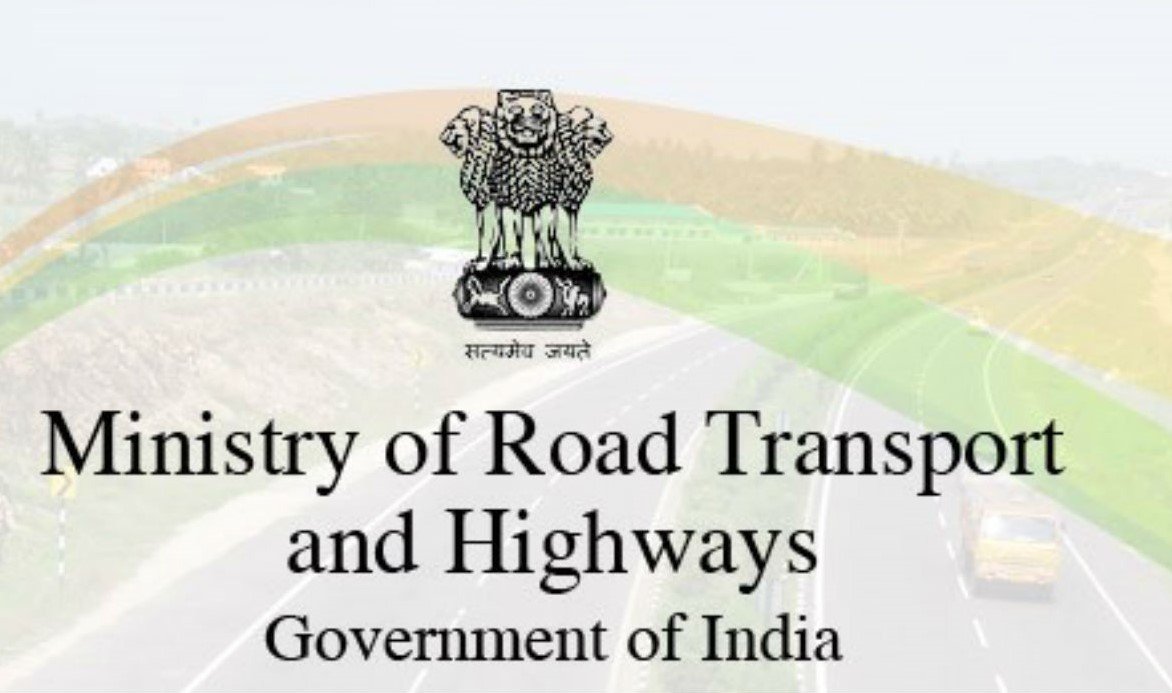The Road Ministry is contemplating an extension of the defect liability period under Engineering-Procurement-Construction (EPC) contracts from 5 to 10 years in a bid to enhance construction quality, according to an anonymous senior government official. In the EPC model, the government bears the entire financial burden of the infrastructure project, while the private sector partner focuses on engineering and construction.
To ensure the longevity and durability of roads, the government is engaging in consultations with experts and stakeholders to gather input on this proposed extension. The longer defect liability period places the responsibility for maintenance on the contractor during the initial 10 years, aiming to incentivize the creation of high-quality roads that require less subsequent maintenance by the government. This move aligns with the goal of achieving infrastructure durability similar to roads constructed under the Hybrid Annuity Mode (HAM) and Built-Operate-Transfer (BOT) mode.
Under the BOT model, private sector partners undertake the financing, construction, and operation of highway projects for a concession period ranging from 20 to 30 years. Notably, the National Highways Authority of India and the National Highways and Infrastructure Development Corporation Ltd (NHIDCL) are the primary entities responsible for national highways and expressway construction in India. Maintenance costs for national highways are covered by the Central Road Infrastructure Fund.


